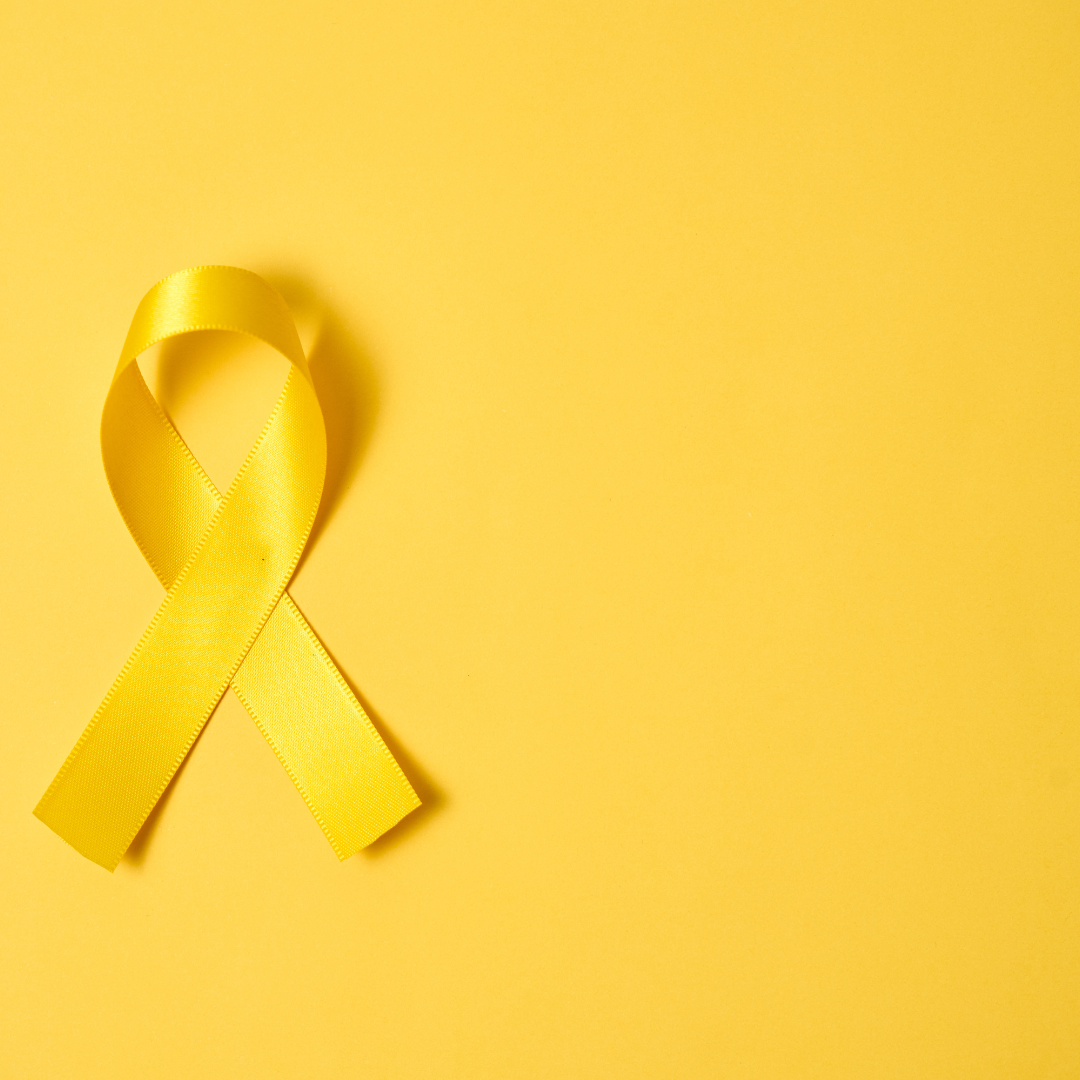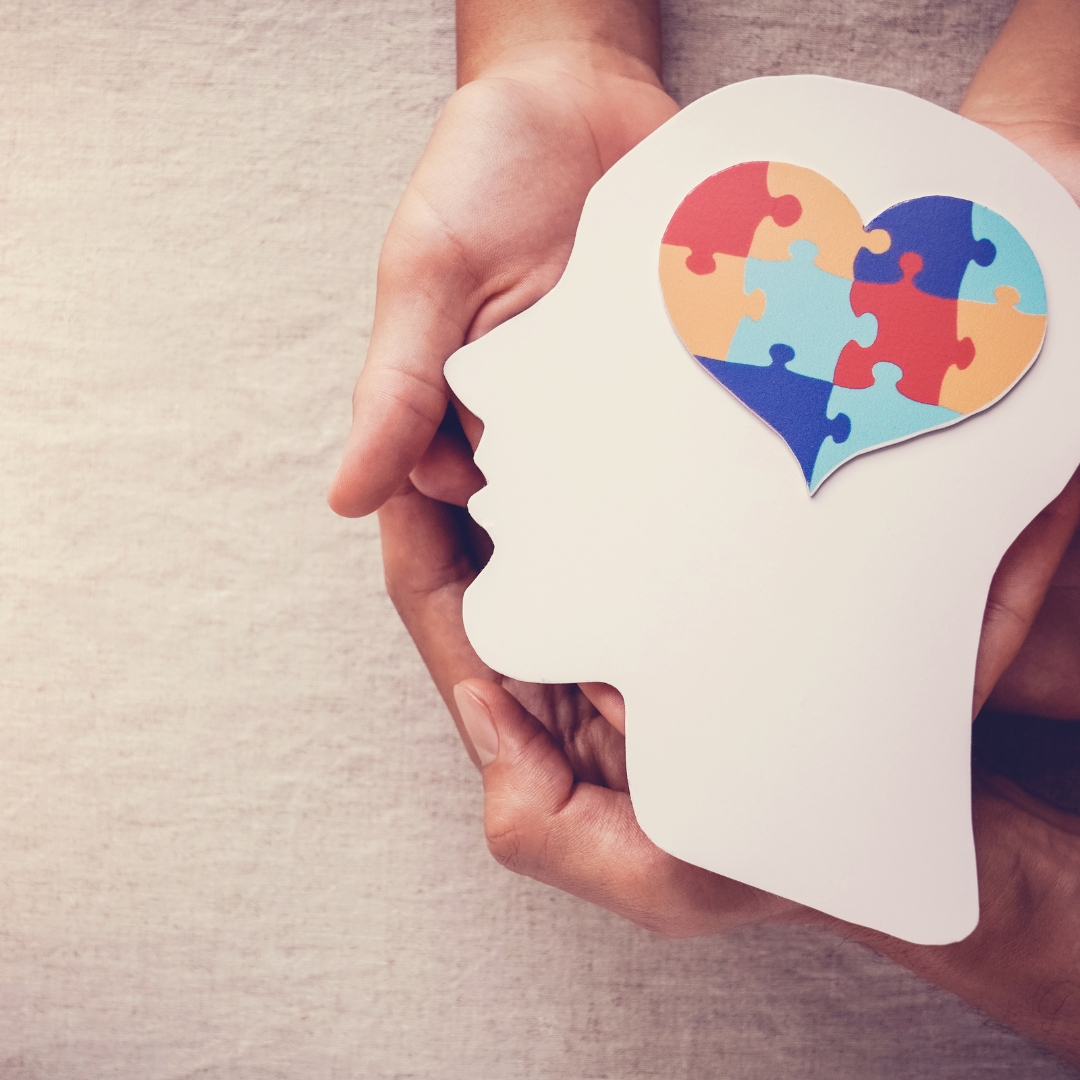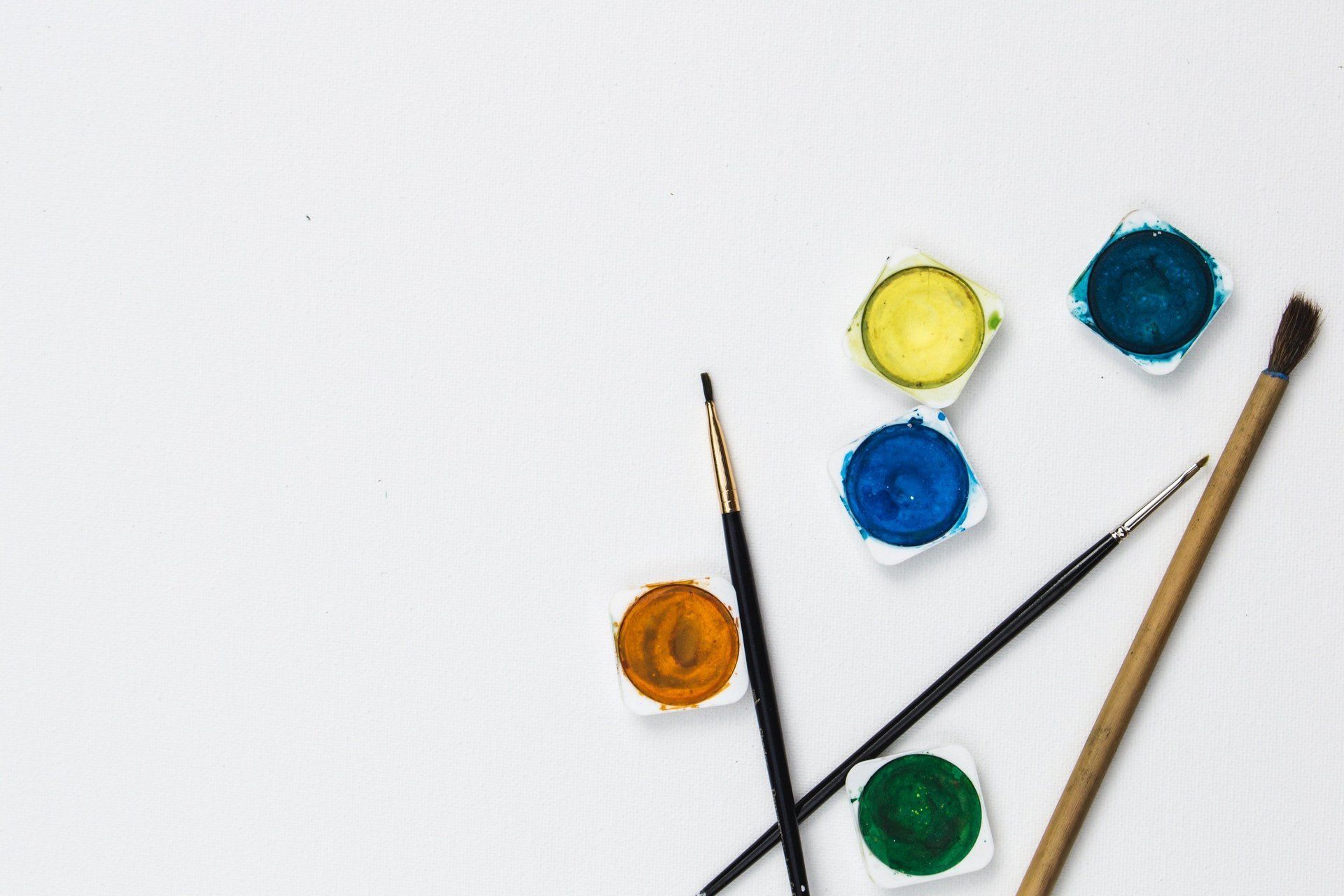Just Blogging It Out...

Structure vs. Spontaneity
Our days often find rhythm in routine; wake times, meals, exercise, the small rituals that give life shape. These patterns are more than just habits; they influence our biology. Research shows that regular routines, especially consistent sleep and wake times, help stabilise the circadian system. A well-regulated circadian rhythm is consistently linked to lower risk of depression and anxiety, making routine one of the quiet protectors of mental health.
And yet, too much sameness can flatten joy. Psychologists call it hedonic adaptation: the tendency for even positive experiences to lose their spark when repeated endlessly. Introducing novelty, like trying a new route to work, signing up for a fresh class, or saying yes to an unexpected adventure, can disrupt this adaptation. Small bursts of spontaneity refresh our perspective and help sustain happiness over time.
In clinical practice, this balance shows up in behavioural activation, an evidence-based approach where scheduled, meaningful activities help lift mood and reduce depressive symptoms. By combining steady anchors with gentle variety, behavioural activation nurtures both stability and vitality.
Practical ways to blend structure and spontaneity
- Protect the anchors: Keep a few non-negotiables like sleep, movement, and connection as the foundation of your week.
- Sprinkle in novelty: Add small shifts such as a new recipe, a different walking path, or exploring a café you haven’t tried.
- Schedule joy: Plan meaningful activities (like a friend date or creative project) to give yourself something to anticipate.
- Leave room for surprise: Allow a little space in your calendar for unplanned adventures or impulses.
Which part of your life feels more present right now, structure or spontaneity? How might you introduce a touch of the other this week?













